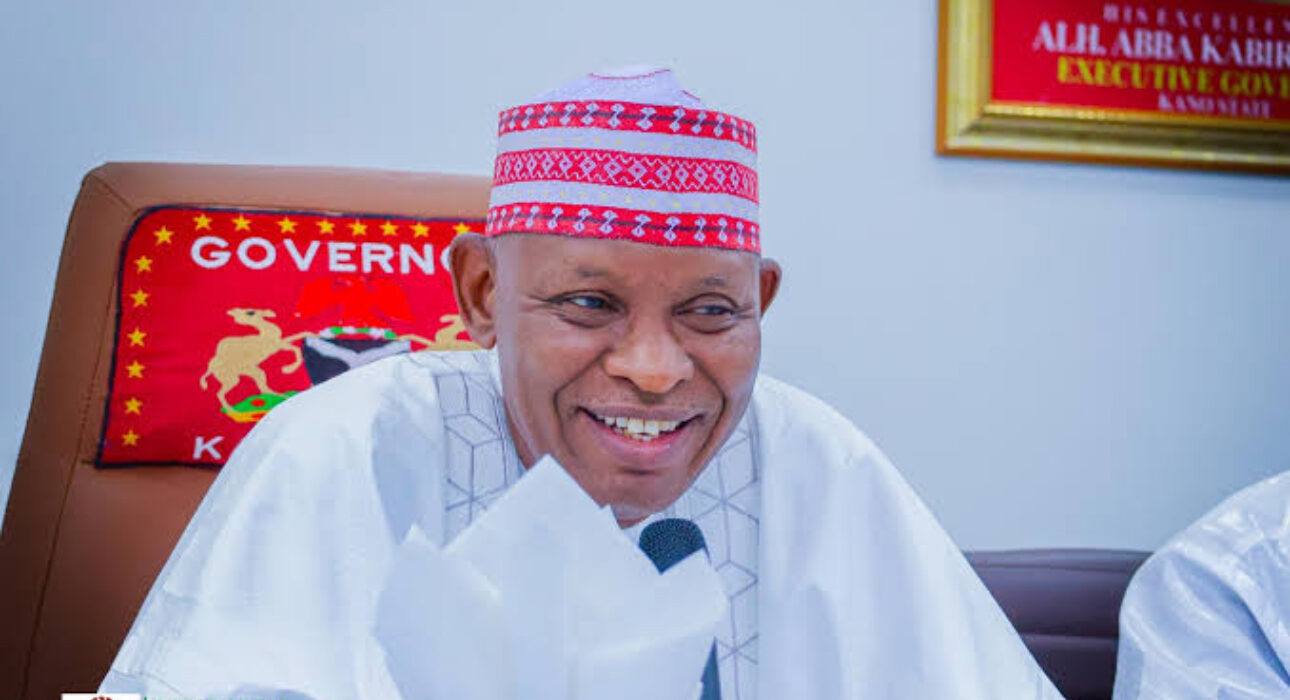Governor Yusuf Employs Over 4,000 Teachers to Strengthen Education in Kano

Kano State Governor, Abba Kabir Yusuf, has approved the recruitment of more than 4,000 additional teachers as part of his administration’s sweeping reforms to revive the state’s education sector.
The new intake includes 4,315 former volunteer teachers who had been serving under the Better Education Service Delivery for All (BESDA) programme.
They will now be fully absorbed into the civil service with permanent and pensionable status.
In addition to the absorption, Governor Yusuf also directed the recruitment of 2,616 qualified teachers through the State Universal Basic Education Board (SUBEB).
According to officials, the move is aimed at addressing the growing teacher-to-pupil imbalance in public schools and improving the quality of classroom instruction.
The BESDA programme, which had been supported by the World Bank and Nigeria’s Federal Ministry of Education, was designed to expand access to education, particularly for out-of-school children.
Many of its volunteer teachers had been working for years without job security or pension rights, a situation the governor described as unfair.
“We are committed to giving our teachers dignity and stability because they are the backbone of our educational revival,” Yusuf said during the announcement.
This latest recruitment continues a pattern under his administration. Since assuming office, Yusuf has recruited thousands of teachers in different phases—about 5,500 in 2023, 5,632 in 2024, and another 4,000 in early 2025.
Alongside the hirings, his government has also embarked on other reforms, including classroom renovations, distribution of learning materials, teacher promotions, and the upgrading of boarding facilities.
Education experts and local stakeholders have welcomed the development, noting that the regularisation of volunteer teachers will boost morale, reduce turnover, and enhance teaching quality.
Parents and civil society groups have also applauded the move, stressing that additional teachers could help reduce overcrowding in Kano’s schools.
However, some analysts caution that the state must balance the gains with financial sustainability.
The absorption of thousands of staff into permanent roles will significantly increase the wage bill, making careful budget management essential.
There are also concerns about equitable deployment of teachers across rural and urban areas, as well as the need for continuous training and monitoring to ensure quality.
Kano has seen improvements in educational performance in recent years, including better results in national examinations, which officials partly credit to the government’s ongoing reforms.
With the new recruitments, the administration hopes to further consolidate these gains and set the state on a stronger educational footing.









